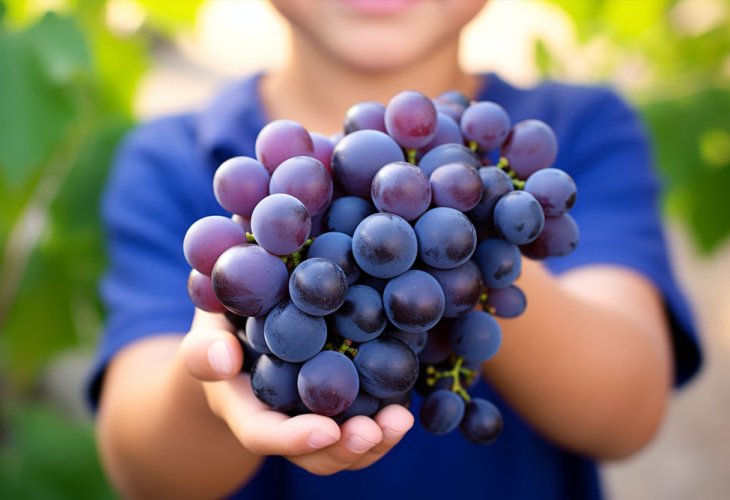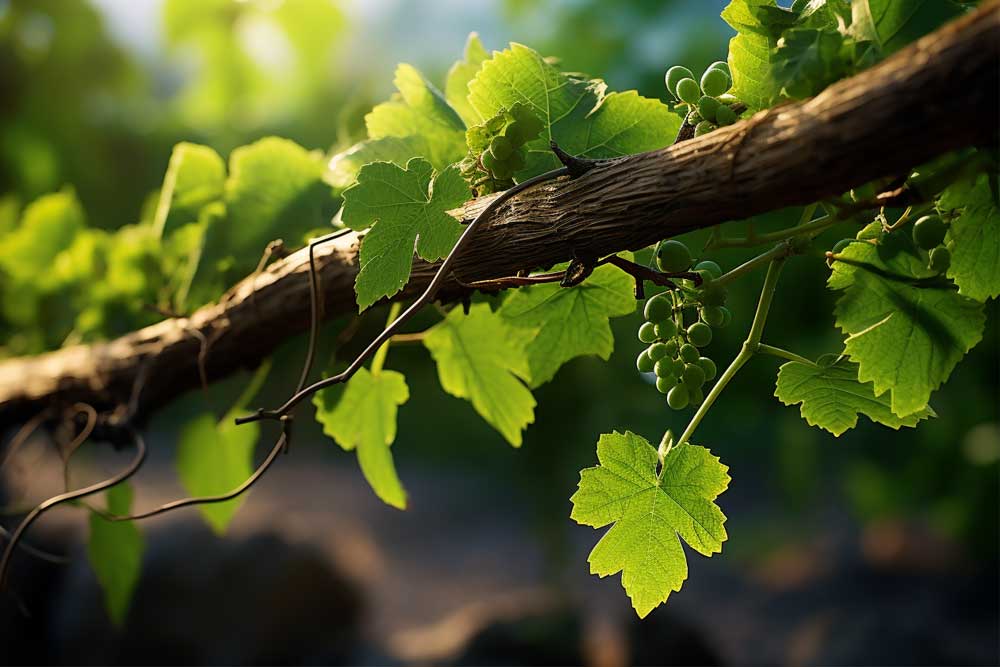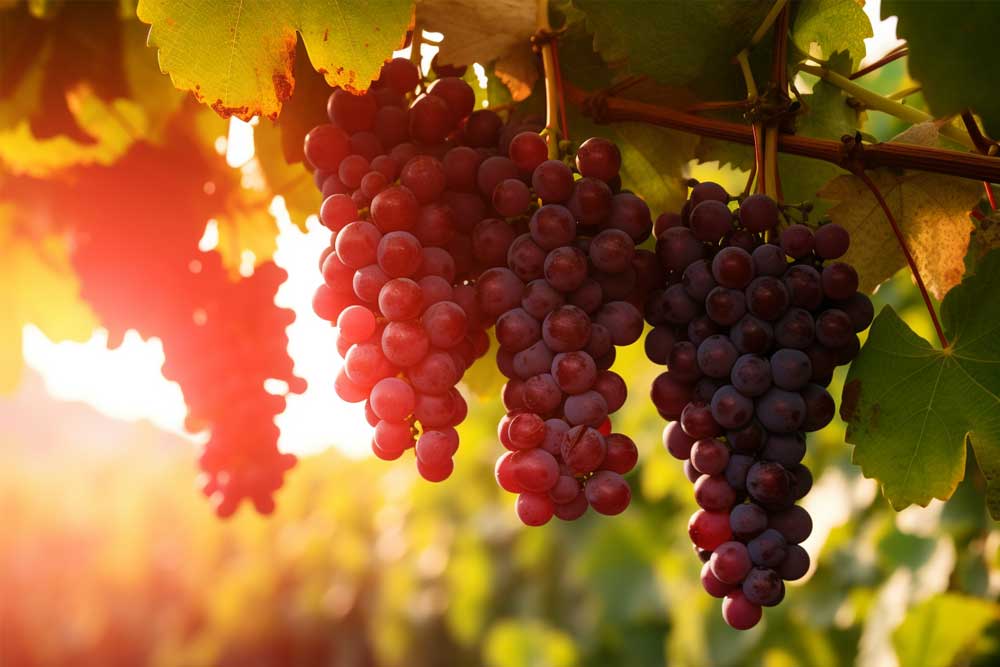The Untold Story of the Grape Vine: 5 Fascinating Facts You Never Knew
Widely mentioned in the Bible and symbolizing prosperity, the grape vine plays a pivotal role in Jewish tradition. Here are five intriguing facts that reveal its significance.

If we begin to list all the verses where the word "vine" appears, we might not finish today. Frequently mentioned in the Bible, the vine almost always represents joy, fertility, and abundance. What makes the grape vine such a symbol of prosperity? We set out to find out and came back with five fascinating facts.
1. Meet the Vine
The grape vine is a climbing plant from the Vitaceae family. Its fruit, the grape, is used as fresh produce, dried fruit, and for making wine. The vine blooms in early spring with small flowers clustered together, pollinated by the wind. It starts bearing fruit in its third or fourth year. The grape harvest, known as vintage, spans most of the summer. A plot of vines is called a vineyard. The grape vine is a perennial plant that can live for hundreds of years, thriving in various soil types but preferring well-drained soils and warm climates. Being a climbing plant, its roots firmly anchor it in the ground for support. It blooms in the spring, bears fruit in the fall, and can grow up to 30 meters high.

2. A Glimpse into History
Even in biblical times, the vine and its products, like wheat and barley, were among the most crucial economic resources of the land. The vine is one of the seven species that the Land of Israel is blessed with, mentioned in the Bible hundreds of times with terms like vineyard, grapes, wine, and raisins. Our sages referred to the vine countless times in Jewish law and lore. King David in Psalms draws a comparison between a virtuous woman and a vine: "Your wife will be like a fruitful vine within your house; your children will be like olive shoots around your table." In the Song of Songs, the vine is both a metaphor for the people of Israel and a promise of redemption: "Let us go early to the vineyards to see if the vine has budded, if its blossoms have opened."

3. Bearing Fruit
The fruits of the vine are grapes, varying in color from red, green, to black. Grapes are rich in sugars, acids, and minerals, providing a good source of vitamins C and K, as well as iron, magnesium, calcium, and potassium. They also contain antioxidants that help protect the body from damage caused by free radicals. Since ancient times, grapes have been widely used in products such as wine, grape juice (non-fermented wine), jam, preserves, and more. Thanks to their high vitamin and antioxidant content, grapes are also used in cosmetics, like moisturizers and soaps.

4. A Delight to the Heart
Grape products are diverse, but wine is undoubtedly the most significant, praised with the words "wine that gladdens human hearts" (Psalms 104). With thousands of grape varieties and each offering a unique taste, wines come in different flavors and quality levels. Apart from wine, there's also *tishresh*—unfermented grape juice. The blessing over both is "Borei Pri HaGafen" (Creator of the fruit of the vine). Many laws and commandments in the Torah are linked to the vine: the laws of *kilayim* (prohibited mixtures), the Nazirite vows and their restrictions, the laws of the rebellious son, and tithes, among others.

5. Sanctified and Celebrated
Wine made from grapes holds tremendous significance in Judaism, especially related to Shabbat and significant mitzvah events. The command to remember the Shabbat is highlighted in the Ten Commandments with the words: "Remember the Shabbat day to keep it holy." Our sages explained, "Remember it over wine at its onset"—on Friday night. Indeed, it's customary to make *kiddush* over wine on Shabbat evening, declaring the sanctity of the day and bearing witness to the creation of the world: "And Hashem blessed the seventh day and sanctified it, for He rested from all His work which Hashem created to do." Both wine and *tishresh* are used for *kiddush* and *havdalah*, with the blessing "Borei Pri HaGafen". In essence, our sages decreed a blessing over a cup of wine at every spiritually significant event, ensuring that the spiritual joy is accompanied by physical joy.

Ending on a note of comfort and a prayer for complete redemption for all of Israel: "Hashem, turn toward us; look down from heaven and see; attend to this vine." Amen and Amen!

